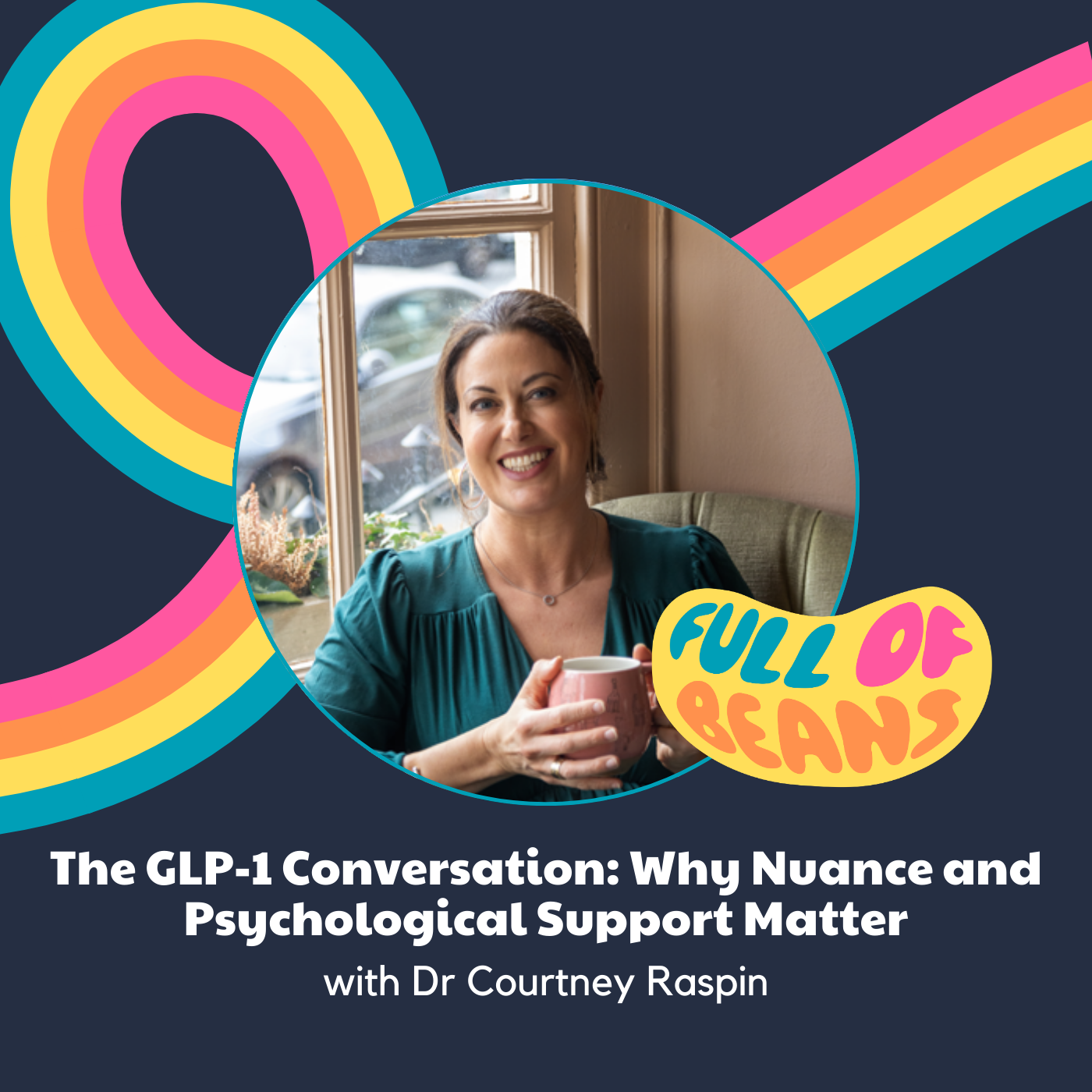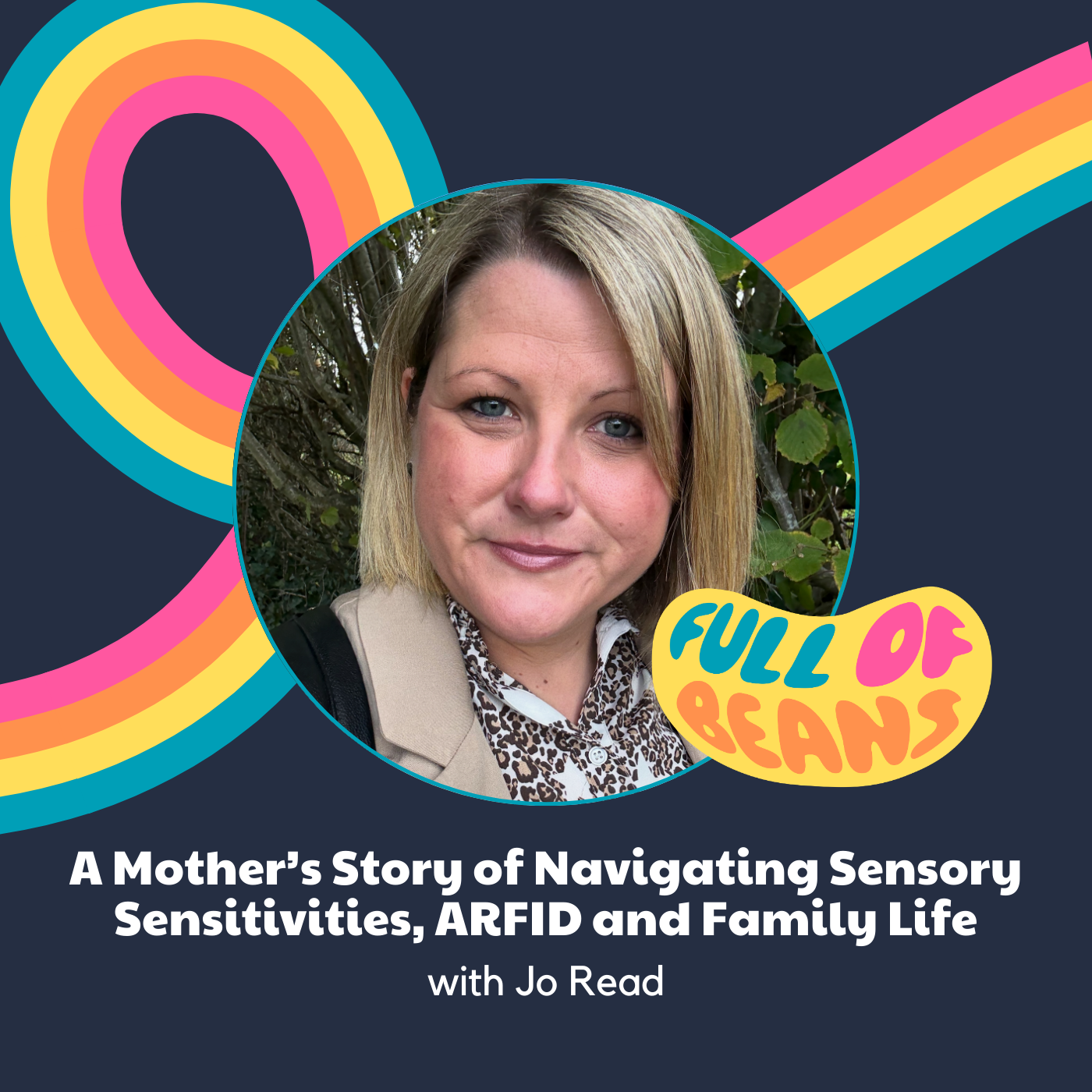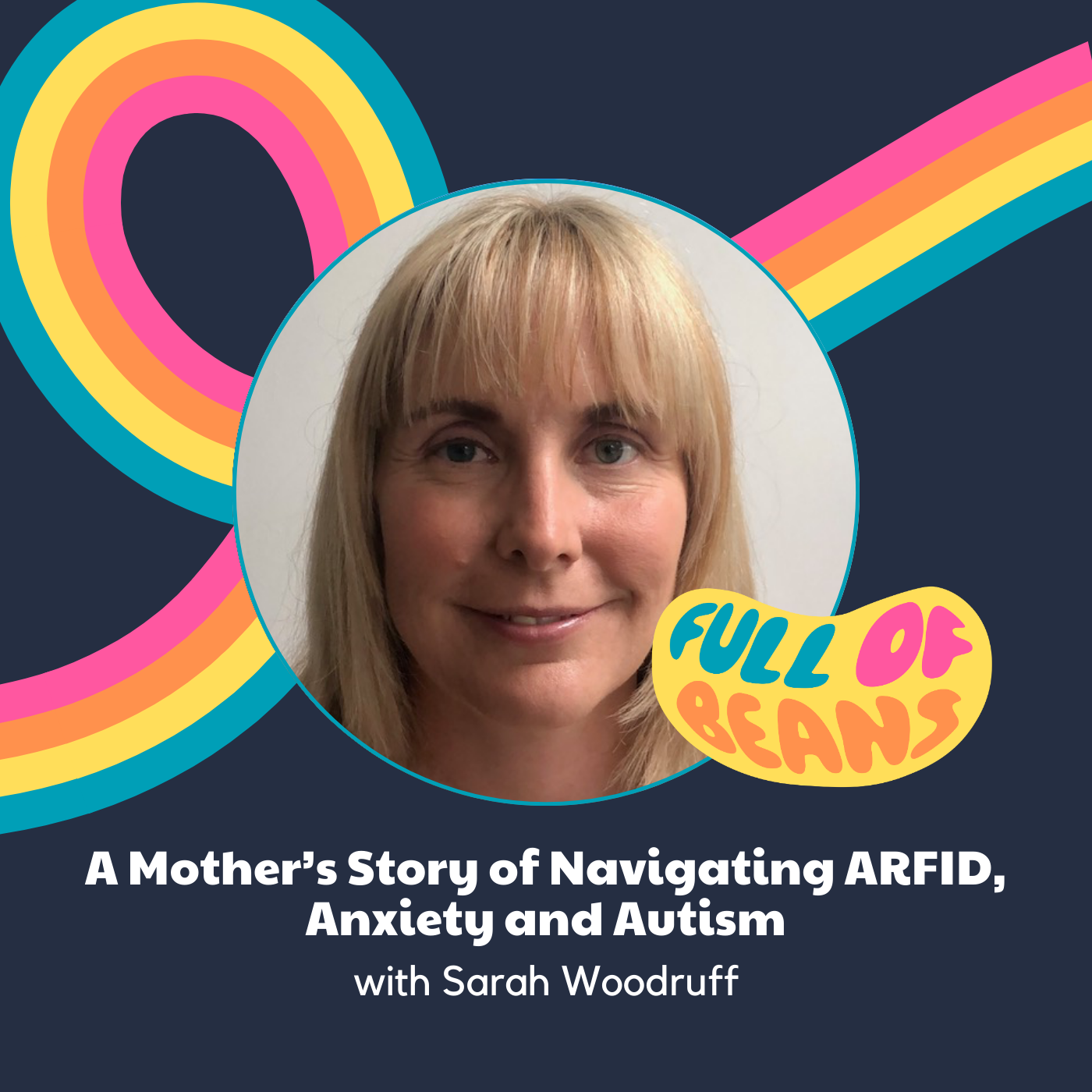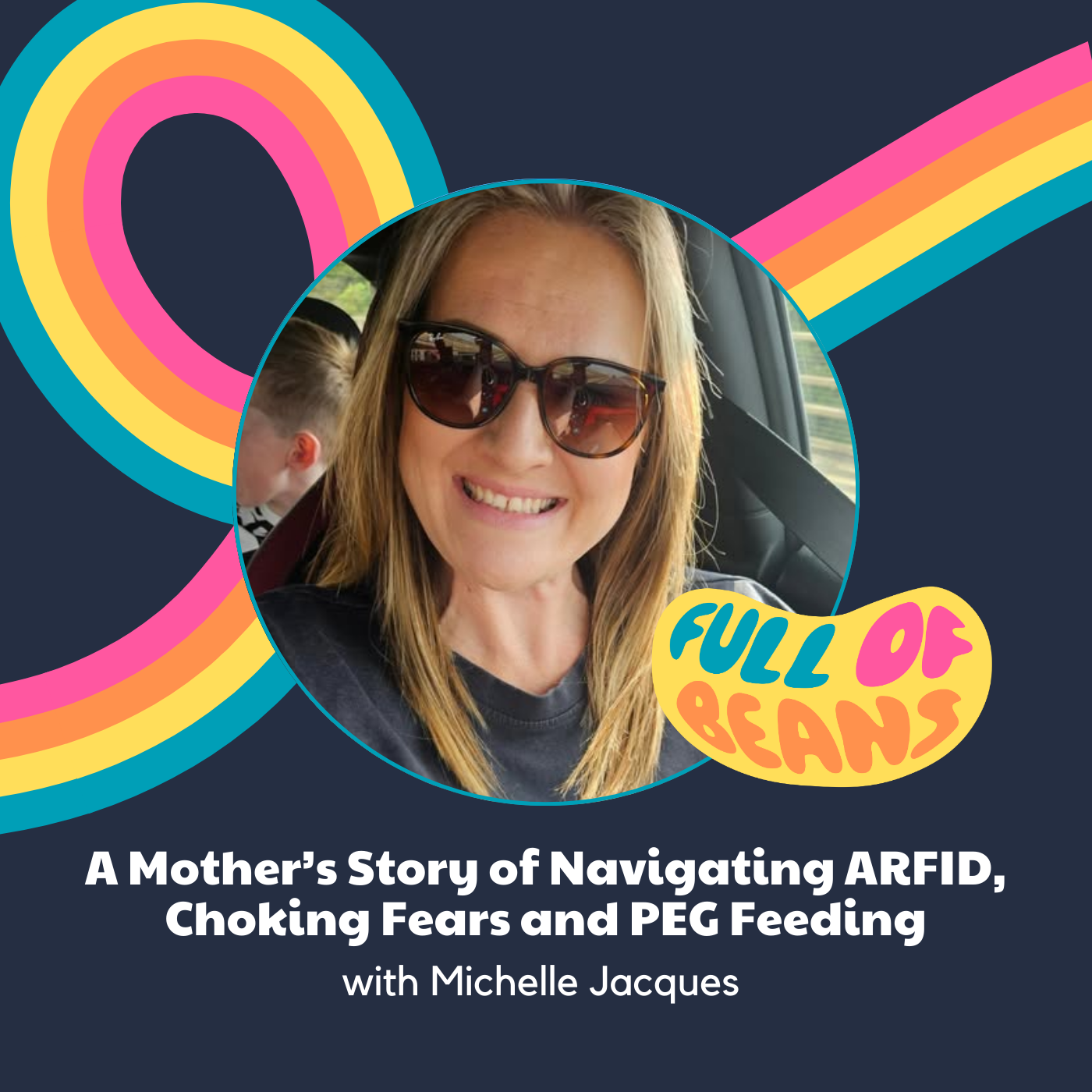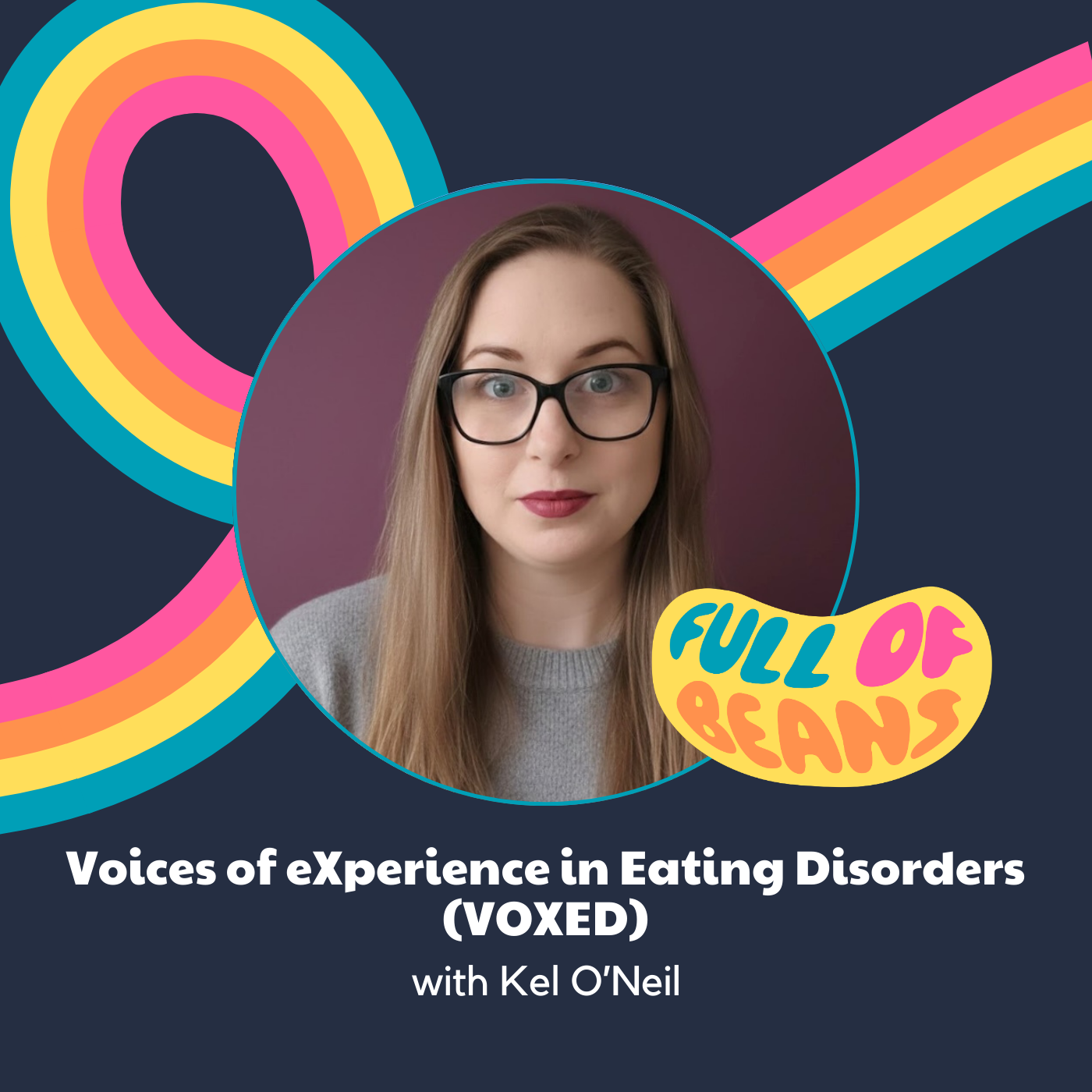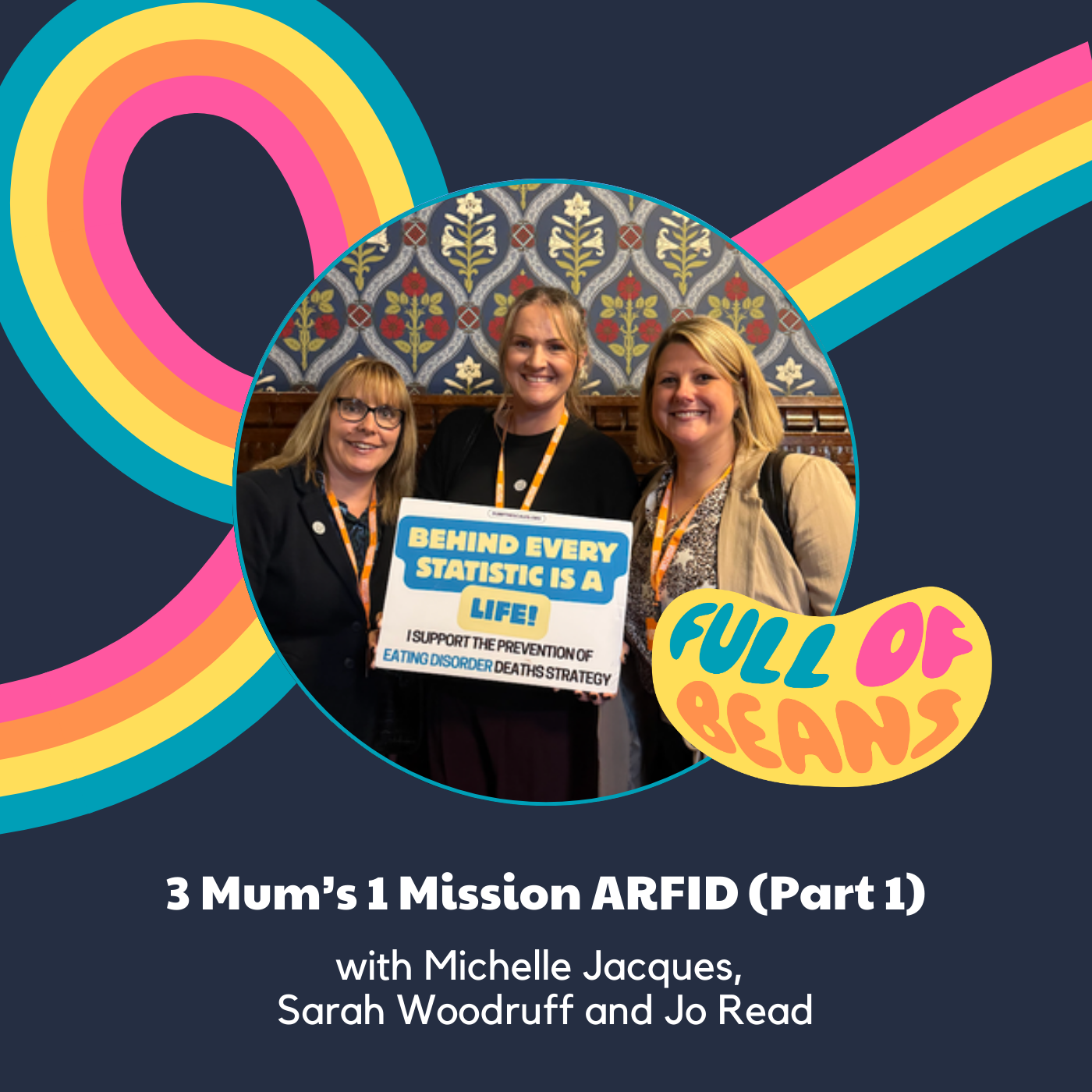Exploring the Impact of Autism Late Diagnosis on Eating Disorder Recovery
Autism and anorexia might be related, but what happens if you don't know you're autistic?

For many people, receiving an autism diagnosis later in life can be both a moment of clarity and a source of grief. Suddenly, parts of your life that felt confusing, overwhelming, or “out of step” with others begin to make sense. But along with relief often comes the painful question: What if I had known sooner?
For those living with eating disorders, this late discovery can bring even more complexity. Sensory sensitivities, difficulties with social interaction, and masking behaviours (all common in autistic people) can increase vulnerability to eating disorders. Yet, when treatment doesn’t acknowledge these differences, recovery can feel out of reach.
Late-Diagnosed Autism and Eating Disorders
Autistic people are significantly more likely to experience eating disorders, especially restrictive ones like anorexia.
For many, the underlying drivers aren’t about appearance at all. Instead, they may be linked to:
- Sensory differences – sensitivities around taste, texture, or smell that restrict food choices.
- Routine and predictability – rigid eating patterns or rituals that provide comfort in a chaotic world.
- Masking and social stress – overwhelming pressure to “fit in,” which can lead to control through food or exercise.
- Co-occurring conditions – such as ADHD or hypermobility, which add further strain on the body and mind.
When autism is recognised only later in life, people are often left to reframe years of lived experience without much support. Understanding that their eating disorder was not simply about body image, but intertwined with neurodivergence, can be both validating and disorienting.
Social Connection in Eating Disorder Recovery
Recovery is often framed around community, connection, and support. But for autistic people, the kind of social connection that helps may look very different.
Some may thrive in small, consistent circles rather than large group settings. Others may find grounding in pets, who offer unconditional companionship without the demand to mask or perform. For many, nature provides a deep sense of calm and connection, reducing sensory overload and creating space to regulate emotions.
These forms of connection are just as powerful and healing as traditional peer or group support, they simply reflect autistic ways of relating to the world.
The Urgent Need for Individualised Treatment
Despite growing awareness, most eating disorder treatment is still delivered through a one-size-fits-all model. This can leave autistic people feeling misunderstood, resistant, or even further harmed.
For example:
- Inpatient environments often overlook sensory needs, creating distress rather than safety.
- Rigid meal plans may clash with sensory sensitivities, reinforcing rather than reducing anxiety.
- Group therapies may overwhelm, instead of building connection.
What’s needed instead is individualised, neurodiversity-affirming treatment. That means:
- Asking each person what safety and connection look like for them.
- Flexing therapy approaches—whether that’s one-to-one work, creative expression, or practical skill-building.
- Making space for people to “re-story” their experience after a late diagnosis, without forcing them into labels or boxes.
The Future of Treatment
Eating disorder recovery isn’t about stripping away difference, it’s about embracing it. By recognising the unique ways autistic people connect, regulate, and make sense of their worlds, treatment can become more humane, effective, and hopeful.
Whether it’s through a trusted friend, the steady presence of a pet, or a quiet walk in nature, social connection remains central to recovery. It just needs to be honoured in ways that feel authentic.
And ultimately, recovery will only truly be possible when we stop treating people as a diagnosis and start meeting them as individuals.
You can read James and Marissa's latest paper: Re-imagining connection: the role of late autism diagnosis in eating disorder recovery and social support
You can listen to our latest episode with James and Marissa on the Full of Beans podcast.
Sign up for our mailing list to keep updated with the podcast here.
Sending positive beans your way,
Han 💛

